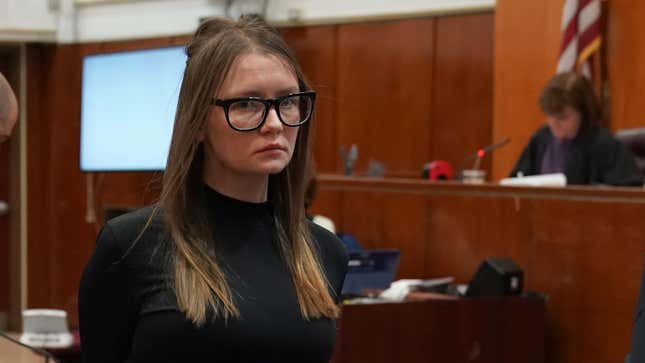New York State Used "Son of Sam" Law To Claim Profits From Grifter Anna Delvey's Netflix Deal
Latest

Anna Sorokin, better known as Anna Delvey, was a Russian grifter who posed as a German heiress to scam her way into elite Manhattan circles. For years Sorokin conned hotels, banks, and her rich friends into believing she was wealthy, racking up bills from months-long stays at luxury hotels and investments in a start-up that never seemed to exist. Even after her con was exposed, Sorokin’s story attracted national attention, and eventually producer and screenwriter Shonda Rhimes obtained the rights to adapt the saga for Netflix. The upcoming miniseries, Inventing Anna, stars Ozark’s Julia Garner as Anna Sorokin/Delvey and is based on the 2018 New York Mag article “How Anna Delvey Tricked New York’s Party People.”
-

-

-

-

-

-

-

-

-

-

-

-

-

-

-

-

-

-

-

-

-

-

-

-

-

-

-

-

-

-

-

-

-

-

-

-

-

-

-

-








































